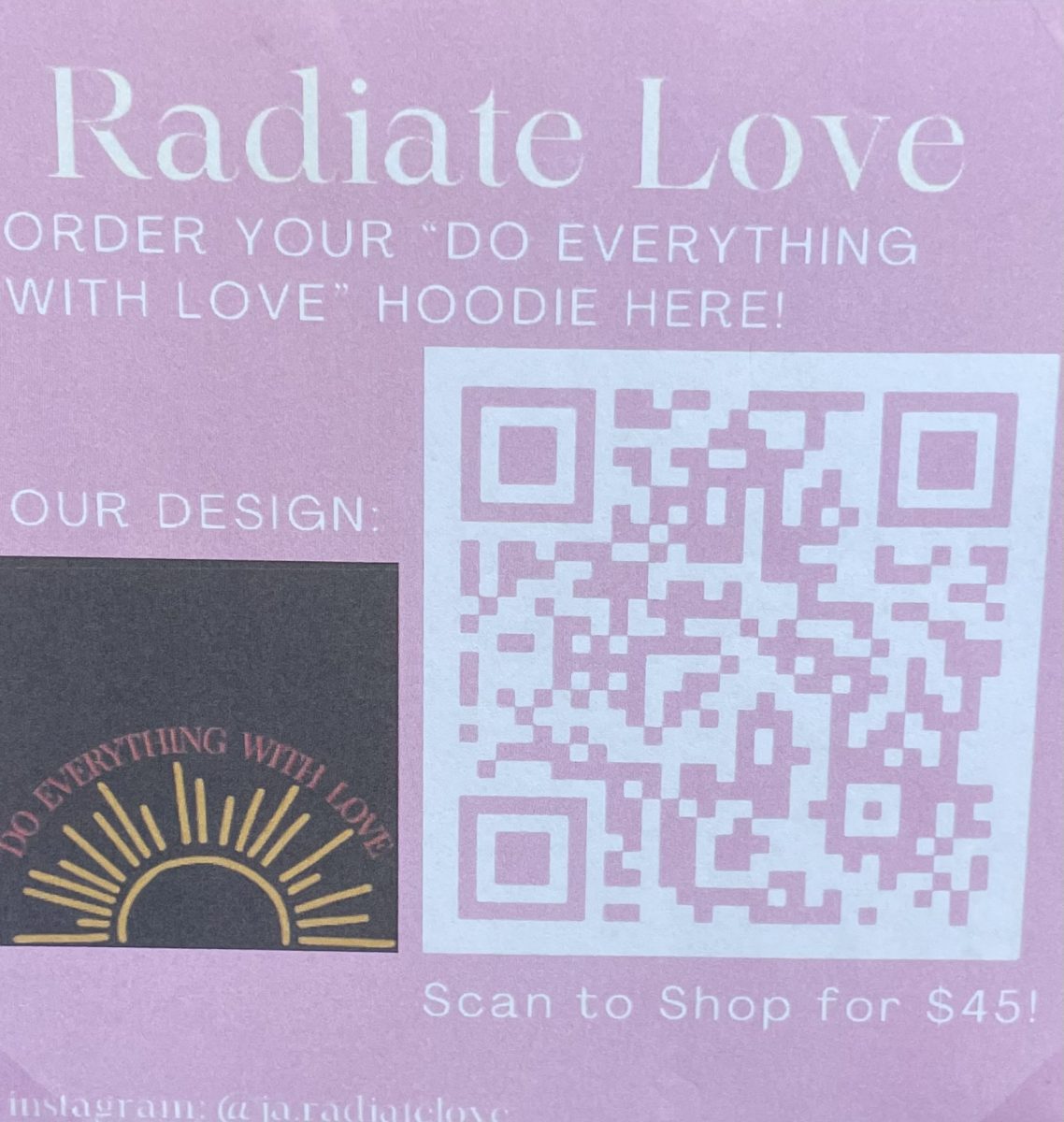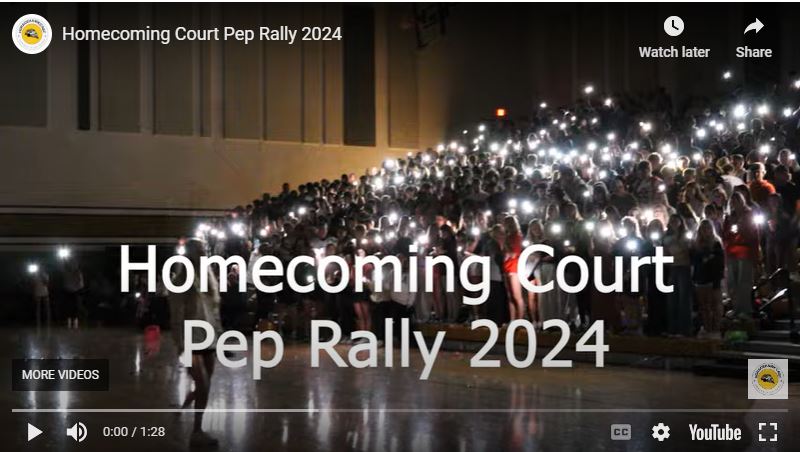The Vicious Cycle
How Does Social Media Effect Mental Health
October 31, 2022
What effect does the change of social media from a fun way to connect with people to an aggressive business have on mental health. Social media, as defined by Oxford Languages is: websites and applications that enable users to create and share content or to participate in social networking.
The first social media platform with similar formatting to today’s media was Six Degrees, introduced in 1997. This site amassed 1 million users before fading in 2000. While this platform was short-lived many other platforms were released in the years following. This includes Friendster, LinkedIn, Myspace, Facebook, Reddit, YouTube, and Twitter, all released within a decade of Six Degrees. While some of those platforms are still well-known today new and fast changing trends have allowed new social media sites to dominate the market.
Modern day social media sees arguably three main social media platforms amongst teens, TikTok, Snapchat, and Instagram. TikTok was released in late 2016 and has earned a user base of 1 billion users. October of 2010 saw the release of Instagram which now sees a user total of over 2 billion. Snapchat which was released in 2011 has a daily active user status of 332 million worldwide. Each one of these platforms has a majority consumer base of teens and young adults under 25.
The growing popularity of social media in the business world has allowed marketing strategies to flourish and the creation of full-time jobs. People with large followings, or “influencers” job is to make quality content that will receive views. Businesses aim to use this content to pull consumers in and keep them scrolling. This creates competition between these content creators who are competing for the businesses’ attention. Inevitably when competition emerges a vicious cycle begins. As stated by Steve Jobs, “If you’re not paying for the product, you are the product”.
Filters and editing allow for content to be flawlessly stitched together to create the ideal product. Influencers aiming to create the best content for the business often fabricate their videos and pictures. This creates a false sense of reality for the young audience receiving the content. In turn this fuels insecurity about one’s appearance or perceived appearance and a lack of achievement in the consumers.
Not only are young consumers exposed to unrealistic content, they’re exposed to a lot of it. A big psychological piece of social media dangers is the neurological ‘high’ it creates. It’s been shown that the constant switch between content when scrolling send the brain high levels of dopamine. Unfortunately, this feel-good hormone makes putting the phone down incredibly difficult.
Studies show that high social media usage results in a higher risk of stress, depression, anxiety, loneliness, self-harm, and suicide. This is because constant exposure to unrealistic lifestyles causes one to question reality. It can make the audience feel their life is inadequate, or not worth living for.
As the result of negative feelings derived from social media many people turn back to social media to try to resolve those negative feelings. This in turn creates a vicious cycle further damaging mental well-being.











SCOTT BLETH • Dec 19, 2022 at 8:18 am
Nice article Carly. Sounds like you won’t be using your phone as much in the future. Love you Dad